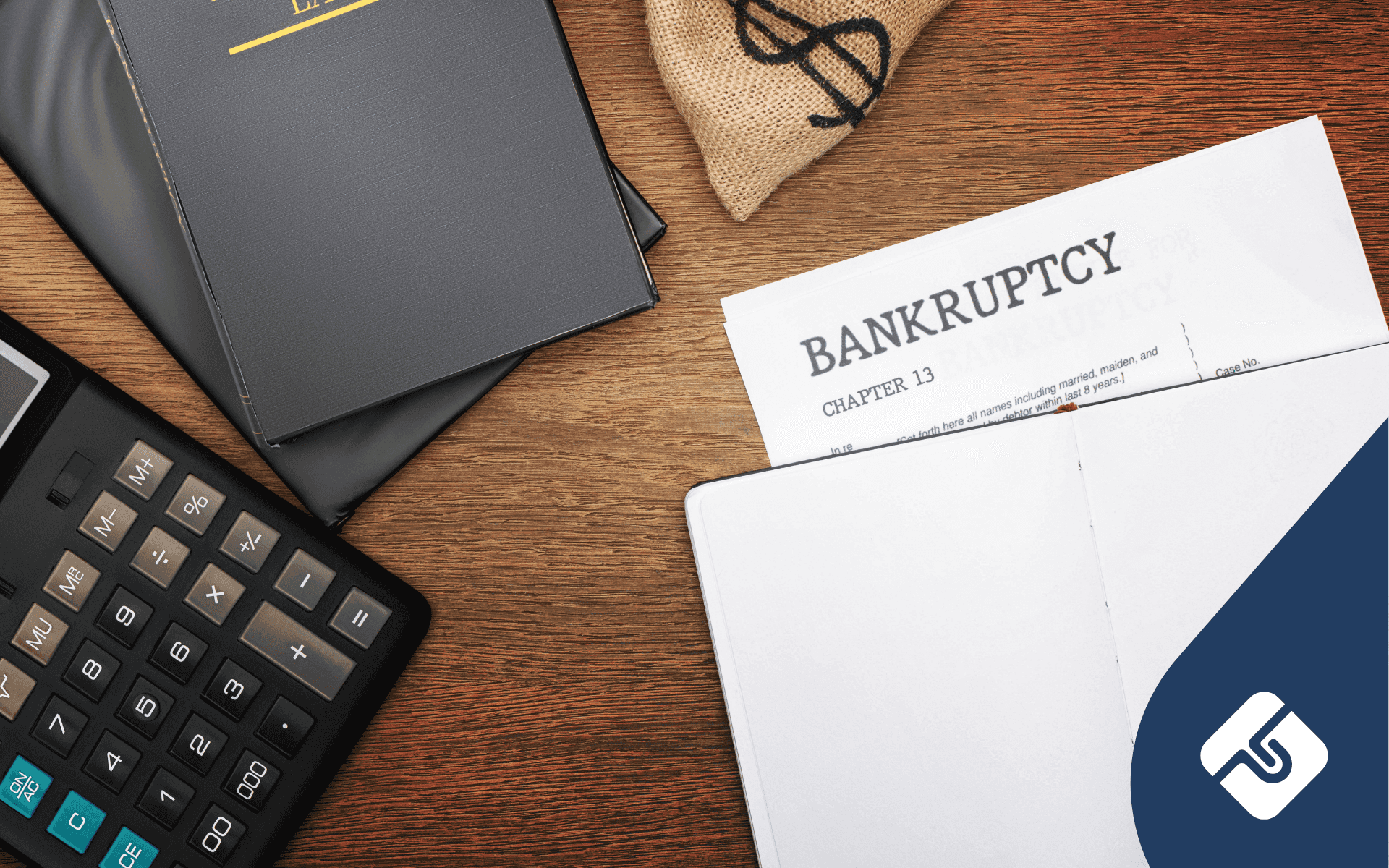Communications and legal business professional with experience working in top-tier global law firms, high-growth startups, and legal technology across APAC, the UK and US. Currently the B2B Relationship Manager at Pogust Goodhead, a global class actions law firm specialising in ESG, consumer, competition and human rights law with offices across the United Kingdom, Europe, United States, and Latin America. Formerly a practising NSW lawyer and Content Manager at Lawpath.
Many people see declaring bankruptcy as a way to have your debts ‘written off’, or see it as the only alternative where debts seem insurmountable. The fact is, declaring bankruptcy is not something you should take lightly and you should consider all your options before making this decision. If bankruptcy is beginning to look like a real possibility for you, do not make any serious decisions until you have carefully considered everything below.
1. The Debt Owed
Carefully consider the debt or debts which are causing your concern. Are you sure that with careful budgeting and the guidance of a financial advisor that they cannot be repaid? Many creditors are willing to enter into payment plans with debtors. Entering into a payment plan will mean that you pay off the debt in smaller instalments over a longer period of time. It may sound like you will be locked into debt for a long time, but it’s a better option than declaring bankruptcy.
2. The Value of Any Assets you Own
Do a careful inventory of your assets. Are there items that you can sell which will help relieve you of your debt? Debts are not simply forgotten when someone files for bankruptcy. When you become bankrupt, a trustee is allocated to manage your finances and they can sell some of your assets to pay off debts. The assets they can sell include your property. Before things get to that stage, you should account for everything in your possession which could be of financial value. This includes personal property, shares and anything else you own with liquid value.
3. The Consequences of Declaring Bankruptcy
Being bankrupt is no walk in the park. Bankruptcy tends to last for 3 years and 1 day from the date you file for it. Filing for bankruptcy has many consequences, some of which include the following:
You cannot be a Director of a Company
A person who is bankrupt is barred from acting as the Director of a Company. If you act, or continue to act as a Director after declaring bankruptcy, you will face significant financial penalties and could even go to jail. If you are the Director of Company, it is worth looking at what other options are available to alleviate your personal debts.
Listing on the National Personal Insolvency Index (NPII)
If you declare bankruptcy, your name will appear on the National Personal Insolvency Index (NPII) – which is viewable to anyone and this will be listed on there permanently. This means that future employers, landlords, banks and everyone else can see this. In years to come, you may still find it hard to get work, to find somewhere to live, or to obtain any loans you may need (such as a mortgage).
Listing on your Credit Report
Your bankruptcy will also appear on your credit report for 5 years from the date you become bankrupt or 2 years from the date your bankruptcy ends. It will be hard for you to obtain any loans or even credit cards in this time.
You can only Leave Australia if you have Permission
Another consequence is that you cannot travel overseas without permission from your trustee. The trustee must be confident that you won’t attempt to abscond from paying your debts, and that you will return to Australia to face the debt you owe.
Declaring bankruptcy is a serious matter, and should only be considered where there is no other feasible way for you to repay your debts and where you have received professional advice. Although often seen as a ‘fresh start’, the consequences of bankruptcy stretch from lasting for a few years to forever being online – so how fresh could it really be?
Need further advice? Contact a LawPath Consultant on 1800 529 728 to learn more about customising legal documents and obtaining a fixed-fee quote from Australia’s largest legal marketplace.






